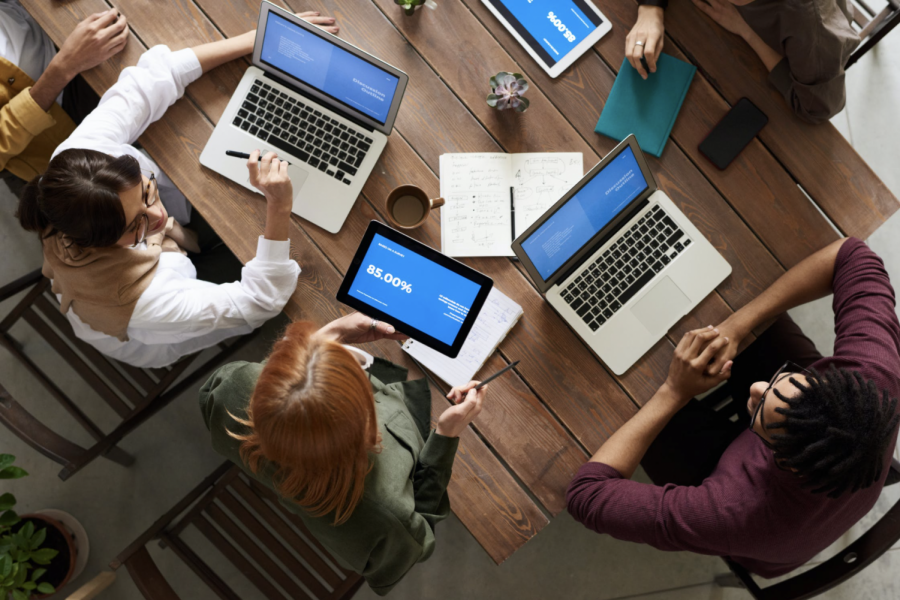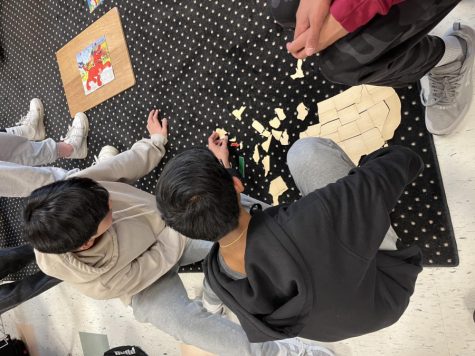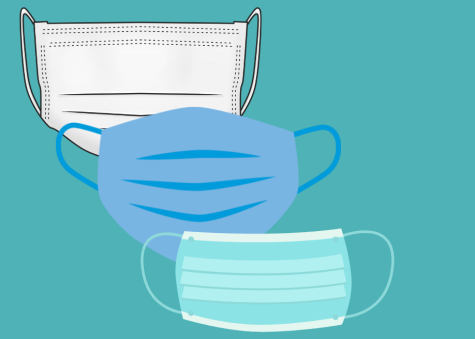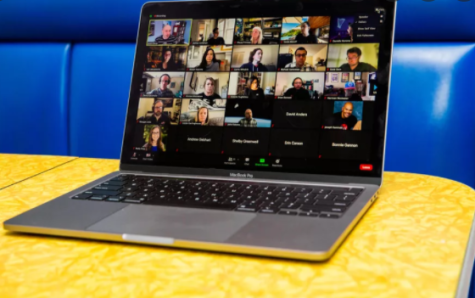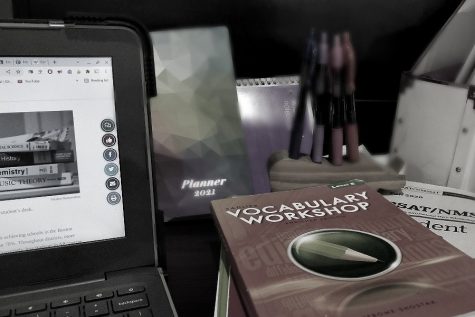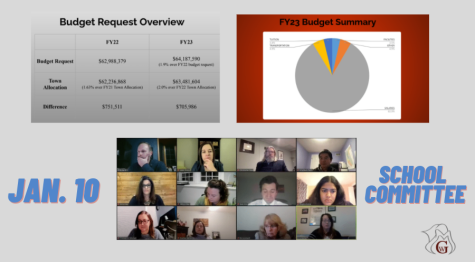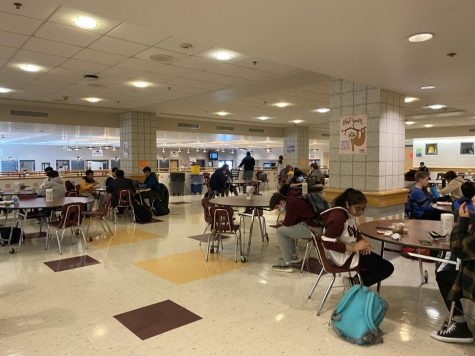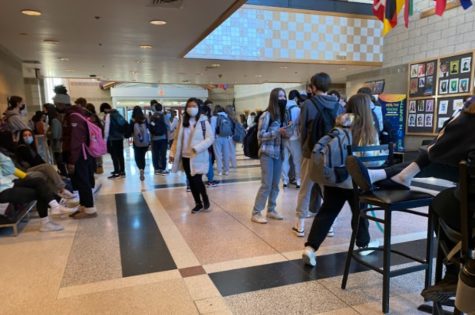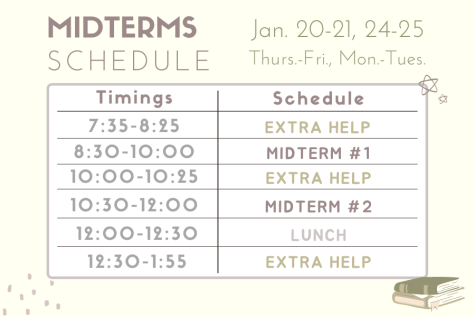Screen time negatively affects teenagers
December 20, 2020
Screens are becoming harder and harder to avoid these days. With Covid-19 causing so many students stuck at home, they are fastened to their laptops for six + hours a day.
This great amount of time can have a negative impact on students health. Long stretches of screen time cause the eyes to get dry and irritated. Studies from the Children’s Hospital of Philadelphia show that people of all ages blink far less often when concentrating on a screen, which in turn causes the eyes to dry out. A clear and stable tear film on the surface of the eye is essential for clear vision. The problem can be worse for children who look up at a screen for example when students laying in bed looking up at a screen. A short term effect can cause difficulty to see long distances that can last up to a few days.
Since 1971, cases of nearsightedness in the US have nearly doubled, which some scientists partly link to increased screen time.
Beyond just the eyes, one’s screen can affect sleeping habits as well. The blue light from computer and device screens, when used in the evening, alters the brain’s sleep rhythms.
Dr. Ayesha Malik works with kids at the Children’s Hospital of Philadelphia. She also practiced as a senior optometrist in private practice in England before returning to the United States.
“The brain reads the screen light as “daytime” and shifts the body’s circadian rhythm. The exciting content of many video games and movies can also wind a child up when they should be winding down for bed or for a nap,” Malik said.
Screens also often affect how lazy we can be. By making us do simple tasks, devices make our memory weak. Some students can see how screens can affect mental health and productivity as well.
Many students often don’t feel the same after completing a day of online school versus a normal day. Some feel unmotivated or unaccomplished after an online day of school and some feel almost empty. Will Bramanti is junior now and has experienced the result of both hybrid and remote learning from his sophomore year and can see the side effects of screens in himself and others.
“When I go to school, I’m much more active and attentive and feel awake even though its 6:30 in the morning. When I’m at home, […] I’m just drained mentally and feel tired all day,” Bramanti said.
A solution to many eyesight problems could be to invest in a pair of blue light glasses helping center your inner balance when you sleep. For the amount of screen time you spend looking at a device, I recommend setting a screen time limit for certain apps and disciplining yourself to stay away. A great way to stay off your phone when it’s late is if you have a iPhone is to set up downtime to remind yourself to stay off and do something away from a screen.
https://www.chop.edu/news/health-tip/how-too-much-screen-time-affects-kids-eyes

